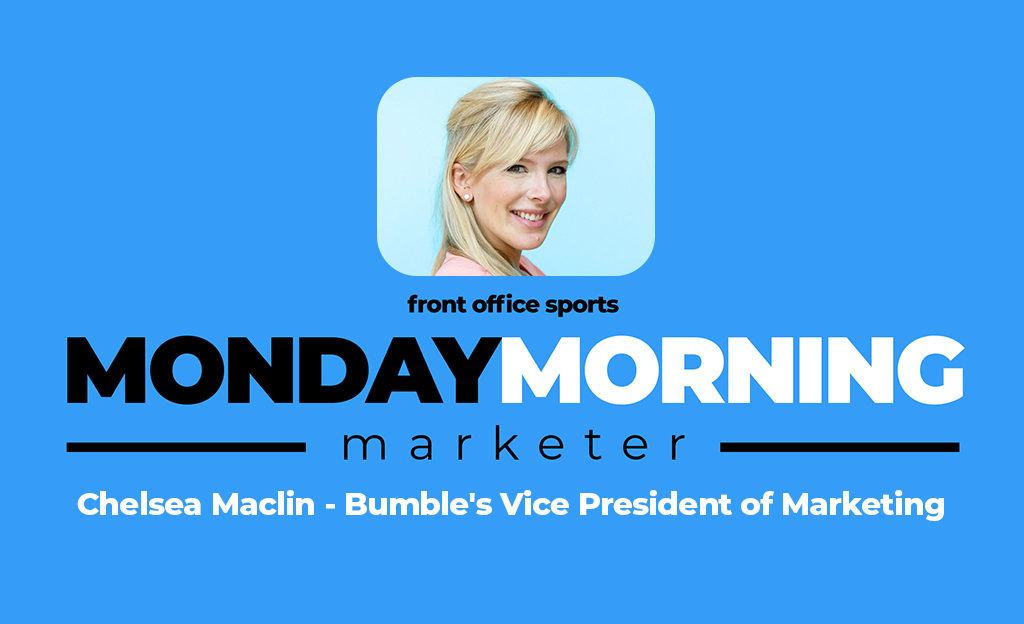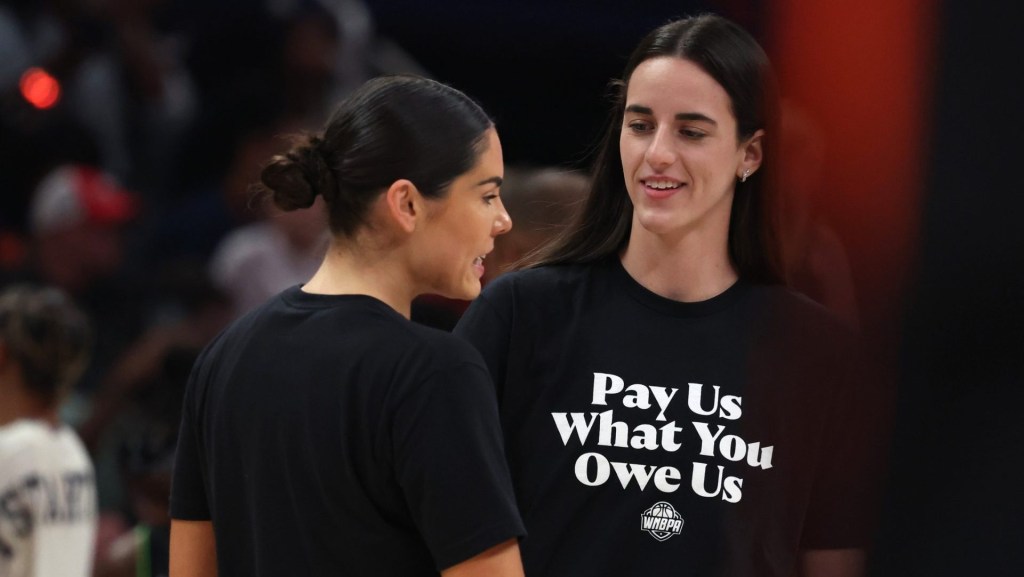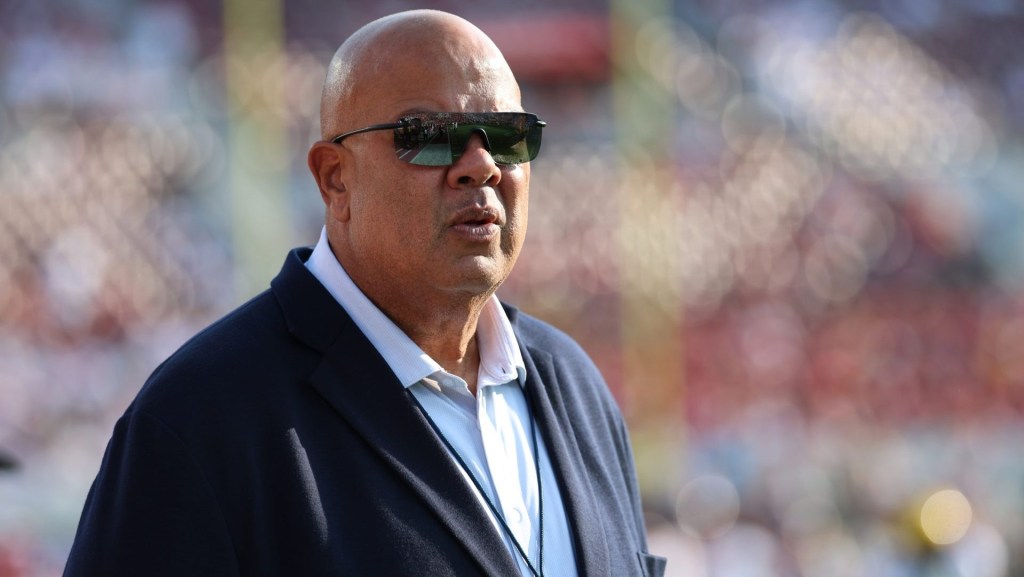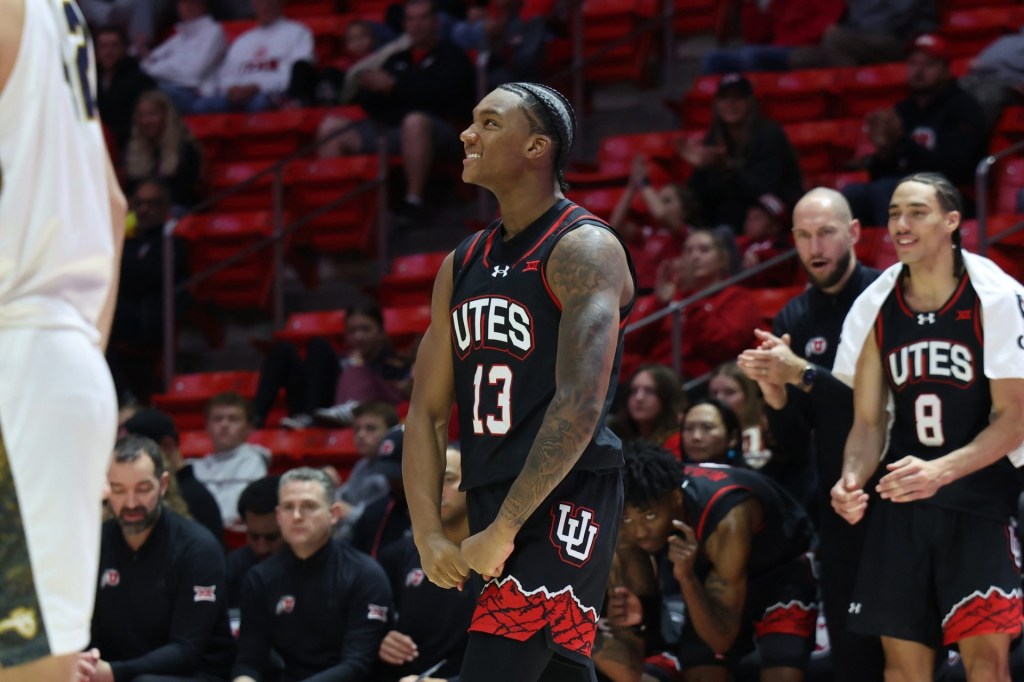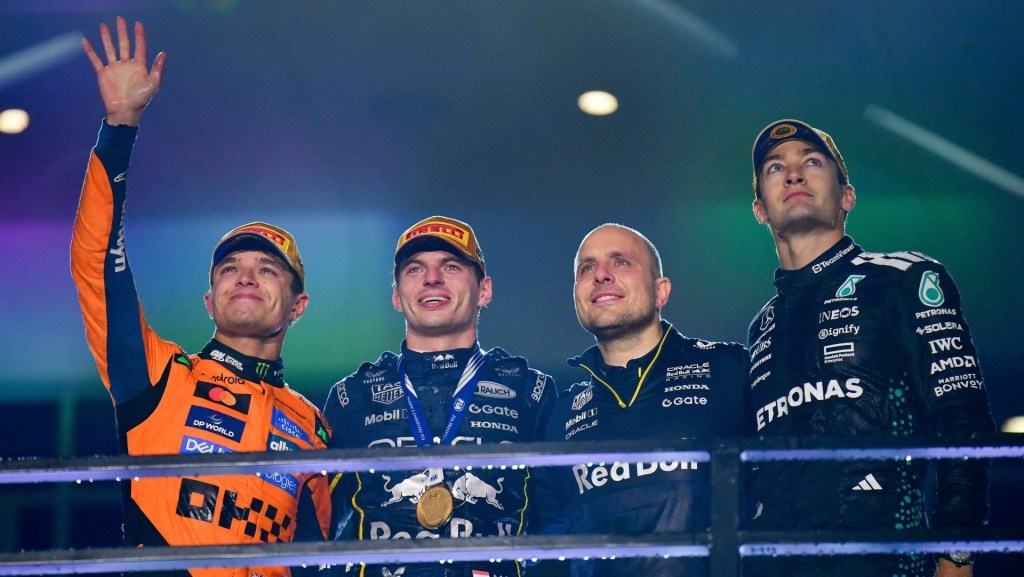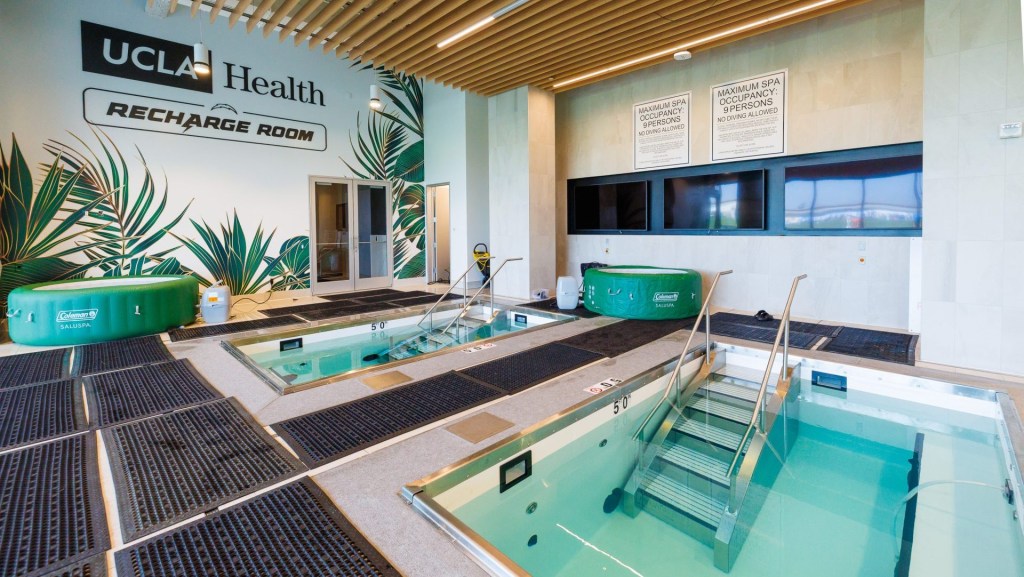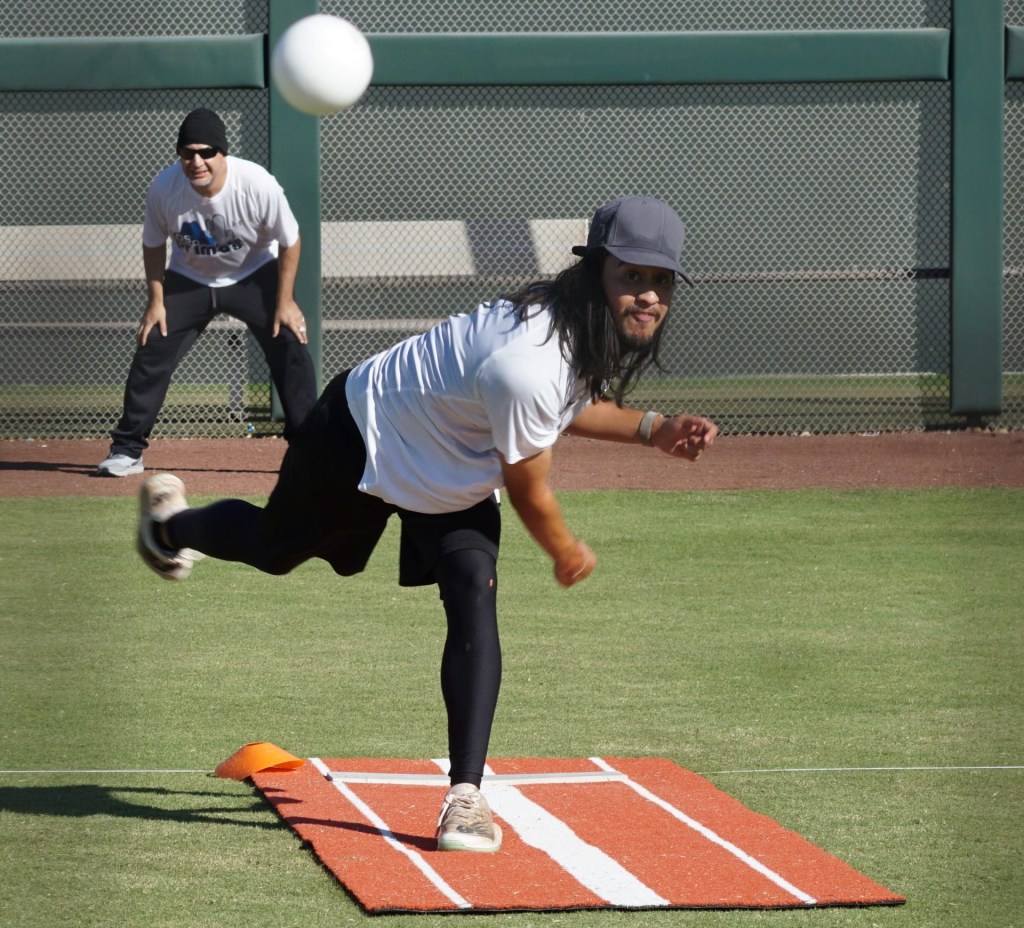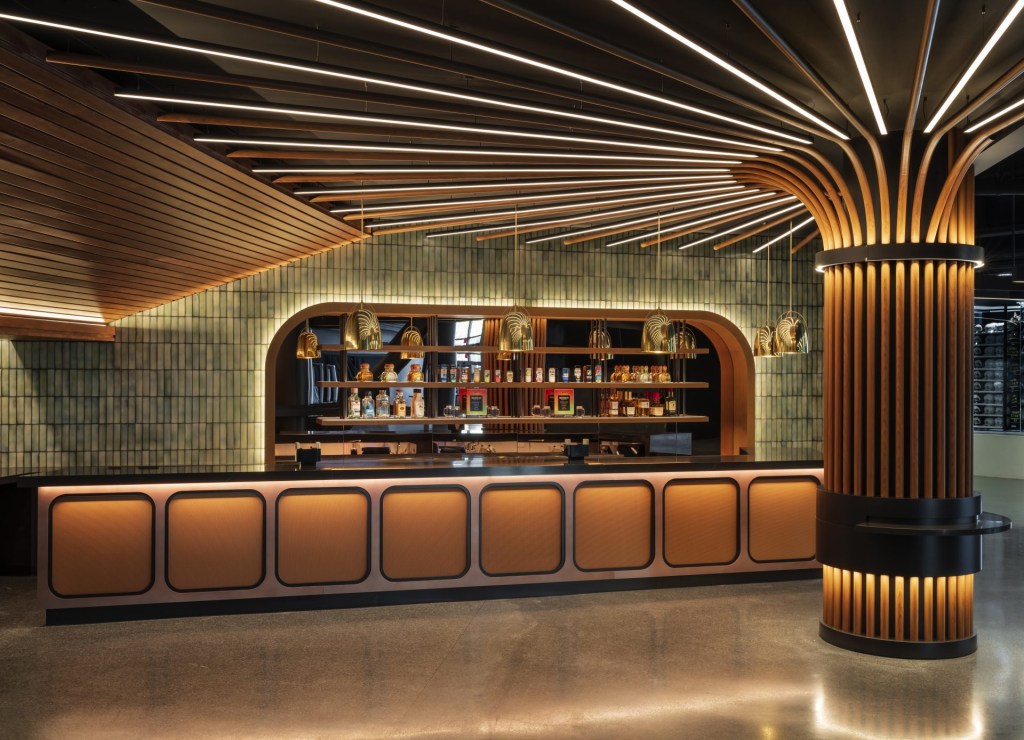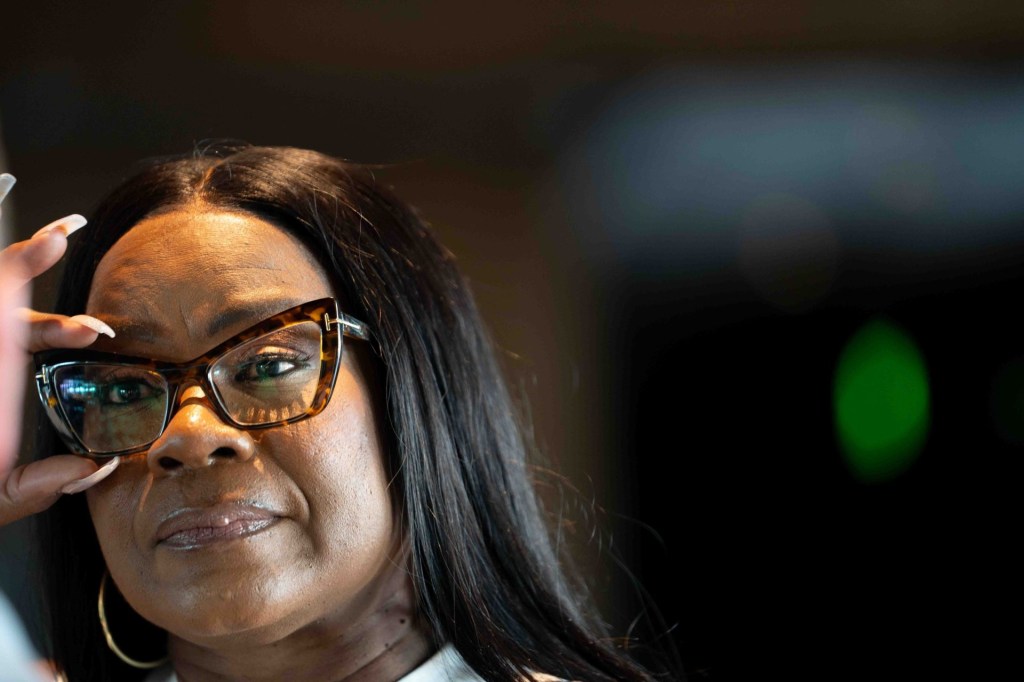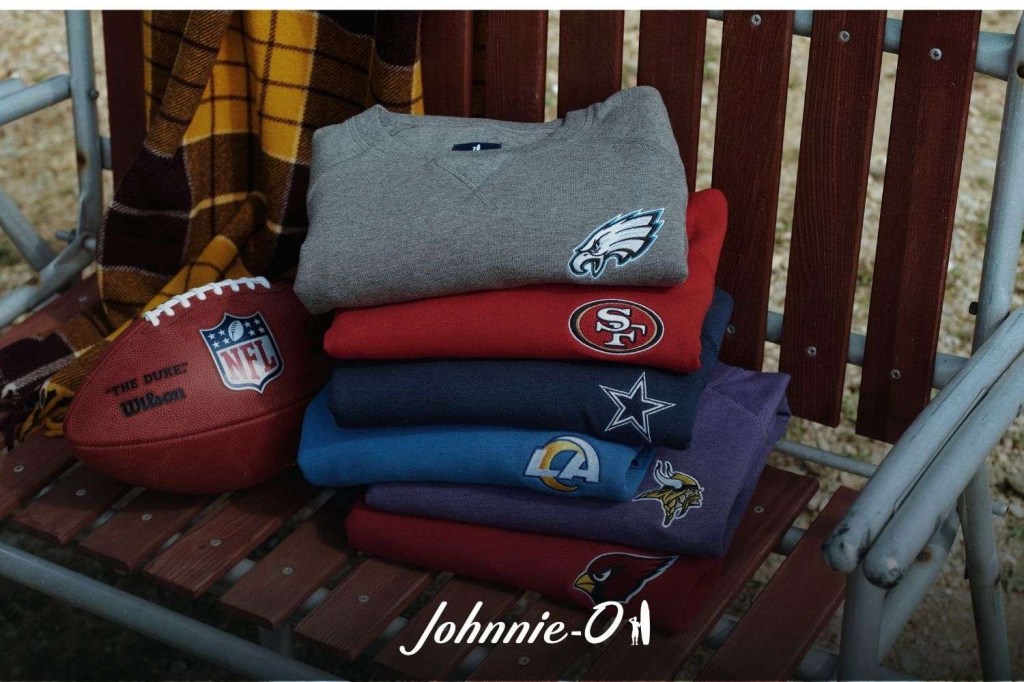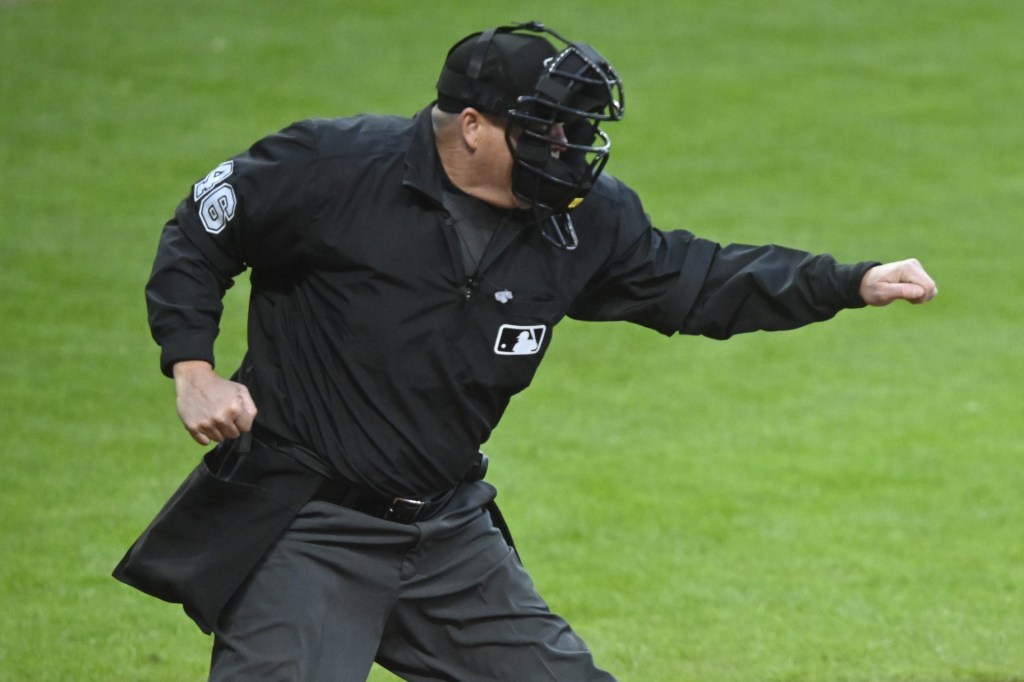When Bumble showed up as the jersey patch sponsor of the Los Angeles Clippers, the female-led brand made an instant impression by partnering with a male-oriented sports team.
The partnership was meant to push forward the two brands’ commitment to progressive, compassionate decision making, as well as diversity and gender.
Bumble has since gone on to partner with esports organization Gen.G, sponsoring an all-women Fortnite team in what is otherwise a male-dominated industry. In 2019, the Austin-based company partnered with Serena Williams for a Super Bowl ad, #InHerCourt.
Bumble has grown beyond its initial dating app phase and now includes friendship and business networking functions as well – and the company is far from finished with its work in sports.
To get an idea of what the networking app company is looking for from its sports partnerships, FOS recently caught up with Bumble Vice President of Marketing Chelsea Maclin.
From the Clippers deal to Gen.G, Bumble is looking to add value to its 80 million global users and working toward encouraging engagement, as well as equity and equality.
Maclin: In general, everything we do is very mission and values-driven, with users at the heart.
As a business that’s founded on equality and equity for all people, sports has a history in terms of challenges gender equity faces. Gaming is male-dominated in terms of leading talent, but that doesn’t mean there aren’t talented women or they don’t deserve to be there. The partnership with Gen.G is to provide new and professional development opportunities with that team. We’re working together with teams to go where the problem is and work together collaboratively to serve that audience in a way that helps them connect with the same values of healthy and equitable connections and relationships.
As Bumble looks for partnerships, sports stuck out for a key reason: community. People come together to watch sports and often set aside differences. While the industry tends to be male-dominated, the company sees sports and potential partnerships as a way to foster more connections while making progress around a social mission.
Maclin: It’s very intentional; sports is an important focus area for Bumble. It’s easy to connect over a shared love of athletes and sports or two athletes. Sporting events are key places from our users that they want to attend or gather, whether it’s dates or meetings as a friend group. As a connection platform, this is a strategic marketing opportunity that serves a business purpose with the value we want to create and further our mission; we’re always on the lookout for opportunities that check those three boxes.
While social values are always at a campaign or partnership’s heart, there’s more beneath the surface. Whether it’s supporting the Clippers and the team’s large female leadership team, the first woman in the position in the NBA, the Williams #InHerCourt commercial, or a campaign with Olympic gymnast Aly Raisman, Bumbles activations are often data-driven.
The Williams campaign, the first majority female-led team on a Super Bowl commercial, received more than 7 billion global PR impressions according to the company. The commercial also garnered more than 2.4 million views on the Bumble YouTube channel.
Maclin: We try to be as data-driven as possible when it comes to those decisions. What our users tell us are success stories, we take all of that into account in marketing decisions, and sports is something that is top of mind with our users. Sports are in user’s bios and badges and a piece of macro trends. A combination of culture sharing that we know is important to society at large and what users are saying they want and need.
That want and need is quite evident when USA Olympic teams are pushing for equal pay, whether it’s the women’s ice hockey team or women’s soccer team. Maclin made specific mention of the World Surf League becoming the first U.S.-based sport to require equal pay for men and women.
Bumble could be active this summer with the 2020 Tokyo Olympics.
Maclin: There’s interest in the upcoming Olympics and what teams are making by way of their changes in the way they think about equity and equality.
We’ll go where our user takes us, and the data tells us. We’re looking to drive impact, both from added value for our users and for us to leverage business and our values.
The Clippers partnership was originally a three-year, $20 million deal. As it winds down, there’s no news on an extension of the partnership, and Maclin stayed mum, aside from that they’re very pleased with the partnership. The partnership has since been extended to include complimentary ticket giveaways for Los Angeles success stories on the app and at NBA Summer League.
Maclin: We’ll stay committed to and furthering our mission and values. Whether it’s with female athletes or leagues and teams that are focused on male athletes and give them the tools to make healthy connections.
I’m not going to say too much, but there’s no such thing as too much opportunity. We’ve been thoughtful in the partnerships, and that has paid dividends in the way we approach here on out. We’re always looking to partner with those equally committed to healthy, equitable relationships with teams, athletes, and fans and as a platform that facilitates those connections. There are a lot of synergies with any type of sport, and sports will continue to be an important pillar moving forward for us.
Editor’s Note: Monday Morning Marketer provides insight into the marketing strategy of brands in the sports world. In conversations with brand, team, and league marketers, Front Office Sports shines a spotlight on partnership development processes, key marketing objectives, and success stories from across the industry.
If you are interested in hearing from a specific executive as part of this series, please reach out to pat@frntofficesport.com.
